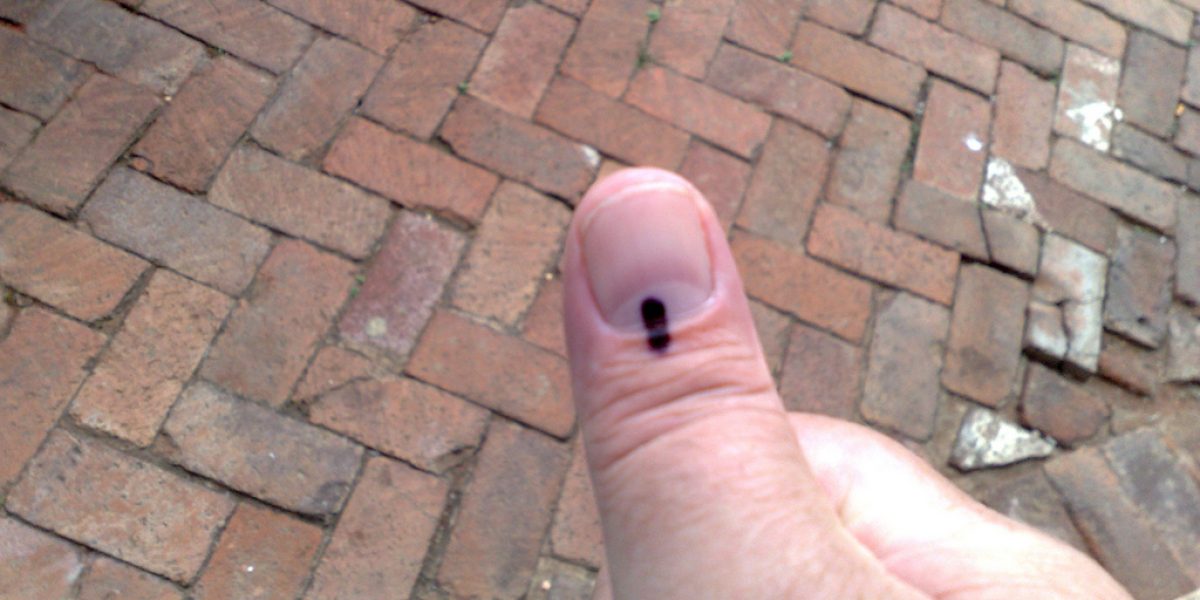But will any of them offer genuine choice or real change for citizens? Despite many excellent governance standards ratified by parliaments across the continent, and reform initiatives like the African Peer Review Mechanism (APRM) to which all these states – except Swaziland and Côte d’Ivoire – have acceded, many African elections are becoming more fractious, rigged and violent than ever, especially where the result is close. Or they produce landslides for ruling regimes.
SAIIA’s analysis of the publicly available Country Review Reports from the APRM aptly demonstrates that African states face common problems with elections. Benin’s report describes a weak electoral system: the high cost of elections; bribery; the absence of a reliable voters roll due to poor national records (2 million citizens lack birth certificates or identity documents), and diminished credibility of the Independent National Electoral Commission (CENA) which is dissolved after each poll, shedding institutional memory. Reports from Rwanda, Ghana and Kenya also noted problems with electoral commissions – their capacity, resources, and, critically, independence. Recommendations were made to South Africa to regulate private funding to political parties, and “find creative ways to make MPs more accountable to the electorate and less to the party hierarchy that determines the party list.” Rwanda was urged to replace their local elections practice – where voters physically line up behind their preferred candidates – with secret ballots.
Kenya’s 2006 APRM report noted weaknesses in the electoral system – most notably vastly different constituency sizes arbitrarily determined and laws that foster ethnic politicking – and chillingly presaged the impending December 2007 violence. It stated baldly that “political parties are regional, ethnic based and poorly institutionalised … they can be described as electoral vehicles for political entrepreneurs.”
The aftermath of voting in Kenya and Zimbabwe in March and June demonstrate the worst extremes in a worrying trend. Elections can create a winner-take-all mentality. There is too much at stake for leaders to admit defeat gracefully and vacate State House quietly. Voter registration is restrictive, voters’ rolls are suspect and constituency maps gerrymandered, all to suit incumbents. State institutions – including those overseeing voting – are increasingly militarised, and not averse to ballot box stuffing. State media churn out pro-government stories. Voters are intimidated for months before elections, even if polling day is peaceful. Observers appear oblivious, complicit or impotent. Ethnic and economic cleavages are manipulated. Vicious violence ensues. It culminates, at best, in messy, compromise pacts among elites, bloated cabinets and unresolved issues, left to fester until the next vote.
So what do key remaining elections in 2008 herald? Some look like one-horse races. In Angola, the ruling MPLA is expected to sweep parliamentary polls on 5-6 September. These are the first elections held in the booming oil-rich state since the 1992 presidential elections were abandoned after the first round of voting re-ignited a civil war that raged for another decade, and have been repeatedly delayed. Despite being one of Africa’s biggest oil exporters (it earned over $40 billion in oil exports in 2007, produces about 2 million barrels a day, and is China’s biggest oil supplier), petrol shortages persist at home, and huge inequalities exist between the tiny ruling class and the two-thirds of the population living on less than $2 a day. A party that has been in power since independence from Portugal in 1975 despite almost three decades of civil war, seems extremely unlikely to squander the benefits of that degree of incumbency against weak and divided opposition parties. And the international oil industry will place a premium on the stability offered by an MPLA victory.
No surprises are expected in Rwanda either. President Paul Kagame’s Rwanda Patriotic Front is expected to emulate its huge winning margins from the 2003 elections to the House of Deputies. Swaziland’s elections have been condemned as farcical by civil society. All candidates must stand as individuals, because political parties have been banned by the Swazi king since 1973.
Other election results are less predictable. The death of President Levy Mwanawasa in a Paris hospital on 19 August means that Zambians can expect fierce party infighting before citizens must unexpectedly choose a new president in a by-election before 17 November, according to the 1996 Constitution. Despite a voter registration drive, many analysts doubt that Côte d’Ivoire’s oft-delayed elections slated for 30 November will be credible or even held at all.
If nothing else, Ghana’s vote in December will yield a personality change, at least. President John Kufuor will relinquish the reins after two largely successful, stable and prosperous four-year terms. What will it take for more leaders to leave quietly when their time is up?








